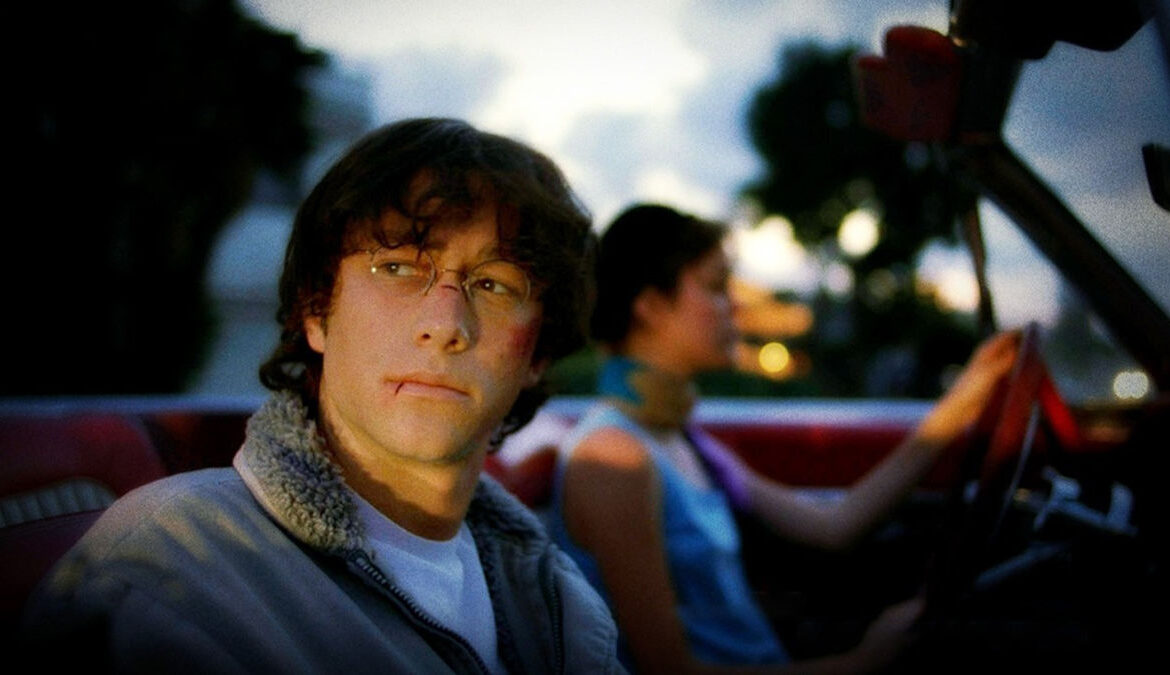When you’re responsible for the biggest, most successful movies of all time, your modest first feature is likely to be overlooked. Sometimes this is a good thing (James Cameron’s Piranha II: The Spawning), but occasionally a director’s debut acts as the forerunner to the blockbusters to come.
Each of the five films discussed below paved the way for the filmmaker’s later achievements and feature glimpses of the trademarks for which they would ultimately become known.
1. Following (1998) – Christopher Nolan
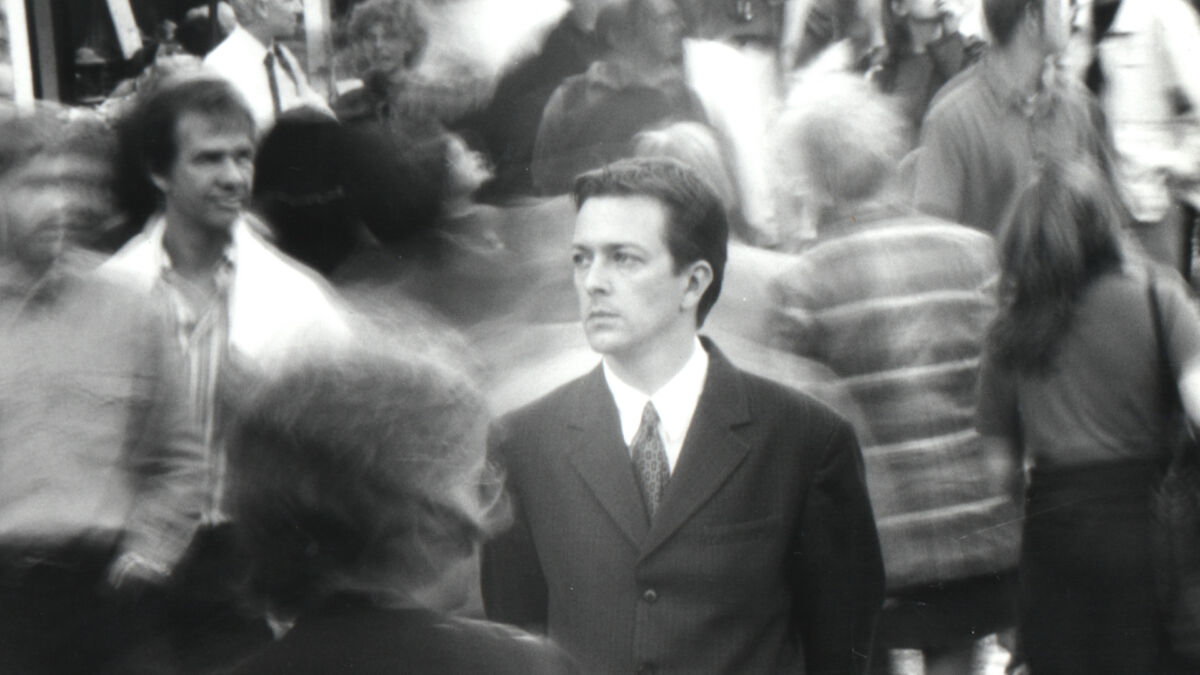
Shot in 16mm black and white over a two-year period and around the day jobs of its cast and crew, Following is the kind of zero-budget debut they talk about at film school.
Written, produced, edited and directed by Christopher Nolan, this neo-noir thriller is the story of a young unemployed writer who trails strangers through London searching for inspiration. The film was designed to be made cheaply (using only available light) and was shot guerrilla-style through the streets.
So, while the script concept rises above the film’s obvious budgetary restrictions, it lays the foundations for Nolan’s work as a director, sharing the non-linear plot structure of Memento, Nolan’s breakthrough that came two years later, and incorporating common themes that are recurrent in his subsequent works. The film plays with the idea of identity (later repeated in The Prestige, The Dark Knight trilogy and Inception) and there’s an obsession with time, which again is evident in everything from Memento, through Interstellar to Tenet.
The originality of his stories, with their complex theorising, means his films consistently pull off the difficult trick of being both intellectual and populist, and although it only lasts 70 minutes, Following is the first step in the career that has seen Nolan’s name become a blockbuster brand in itself.
2. Welcome to Collingwood (2002) – Anthony Russo, Joe Russo
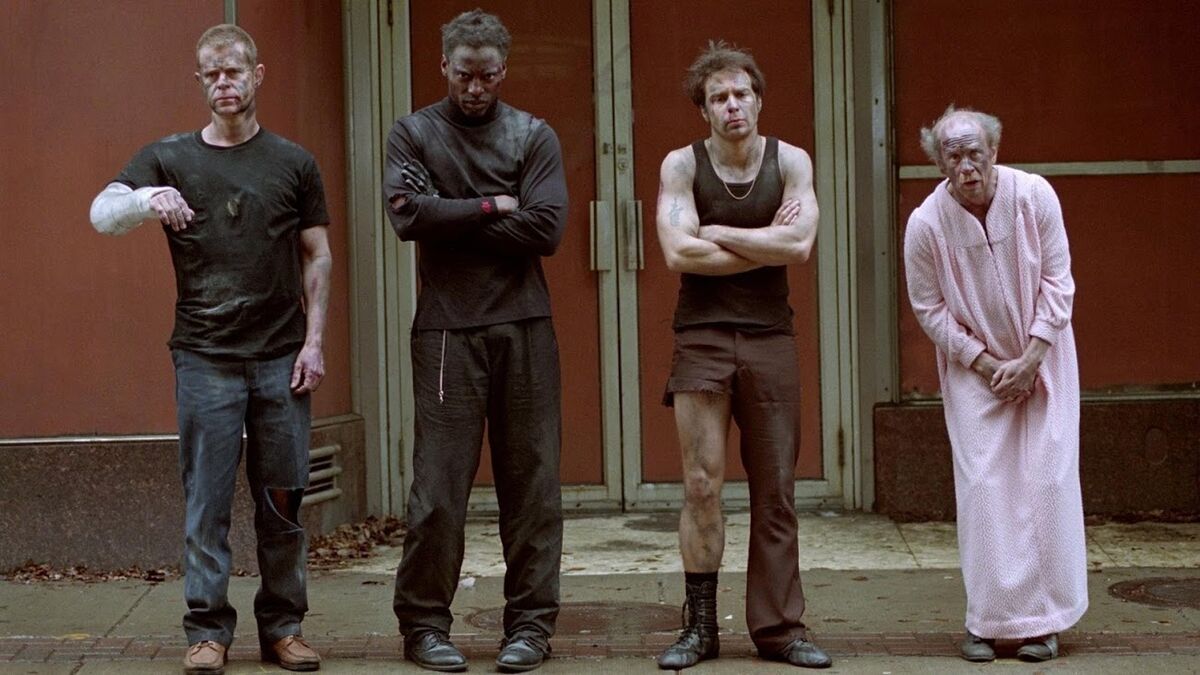
The Russo Brothers’ first theatrically released film is a low-rent heist comedy set in the working-class district of their hometown of Cleveland.
With production muscle added by Steven Soderbergh, the Russo scripted Welcome to Collingwood is Coen-esque in its portrayal of hapless thieves attempting to pull off the perfect heist. But while it’s indebted to the Coens, and features a strong cast (William H Macy, Isaiah Washington and Sam Rockwell), it fails to reach the heights of Fargo or Soderbergh’s Ocean’s Eleven.
Welcome to Collingwood now feels quaintly old-fashioned, but within its unglamorous world are traits that have continued through the Russo Brothers’ work. Their move to television, most notably for Arrested Development and Community, saw them continue to direct ensemble casts and allowed them to concentrate on character. When the MCU came calling and the Russos went from directing comedy to directing action, they didn’t lose sight of their early work.
Although they were directing inside an existing Marvel universe, the action from Captain America: The Winter Soldier through to Avengers: Endgame is specifically designed around each character in the ensemble. The action itself is rooted in cinema’s past, with old-school punch-ups and car chases that don’t always rely on CGI. The Winter Soldier is a ‘70s-inspired paranoid action thriller and Endgame is written as a traditional heist movie, albeit one that involves time travel.
In the 17 years since the Russos left Collingwood, they’ve become the second highest-grossing filmmakers of all time.
3. Fruitvale Station (2013) – Ryan Coogler
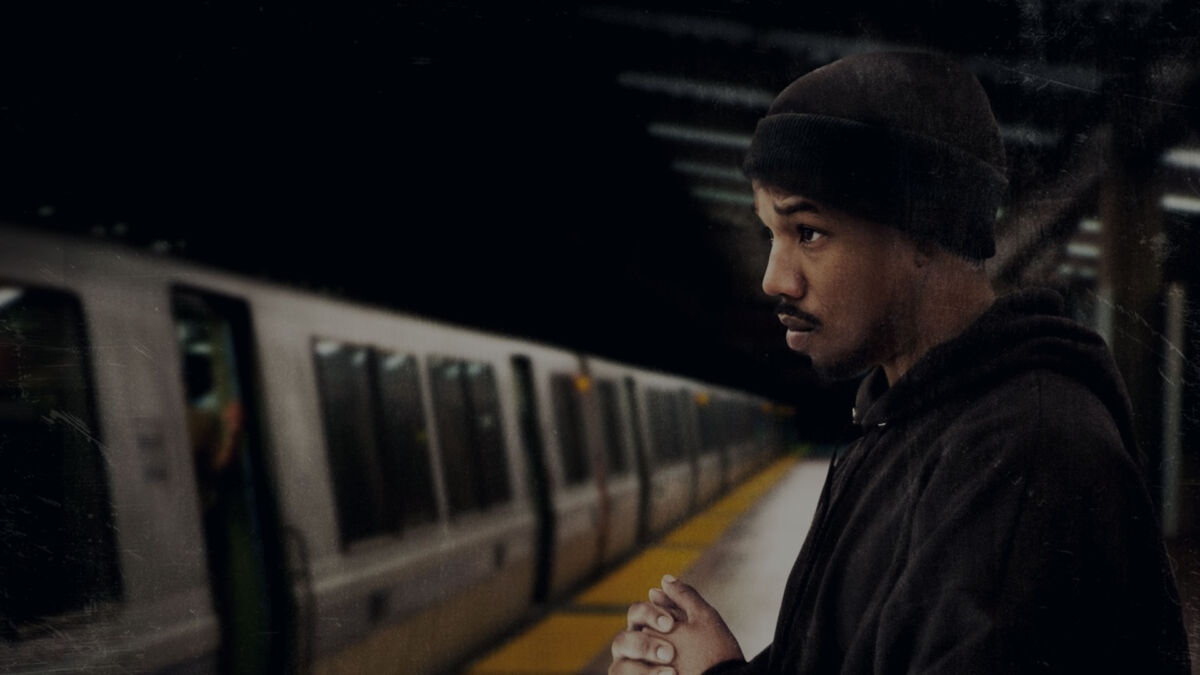
As directorial debuts go, Ryan Coogler’s Fruitvale Station is a truly impressive showcase.
A journey through the last 24 hours in the life of Oscar Grant, a 22-year-old African-American man shot dead by police in 2009, Coogler’s intense docudrama gives us Michael B Jordan’s breakout performance as Grant and a sublime Octavia Spencer as Grant’s mother. The day-in-a-life structure allows Coogler to concentrate on character and life’s reassuring moments (Grant trying to get his job back, visiting his daughter, spending time with family) before the story reaches its dark, inevitable climax.
Filmed over just two weeks for under $1 million, Fruitvale Station would ultimately gross $17 million in the US after its 2013 release, by which time Coogler was already developing his Rocky franchise spinoff as co-writer and director. The huge success of Creed in 2015 and Coogler’s upward trajectory from indie movie to mega-budget blockbusters occurred relatively quickly and without any sacrifice in his style or integrity. Both Creed and Fruitvale Station emphasise the personal perspectives of their central characters above the action, and this continues with Coogler’s third film, the Best Picture nominee and global phenomenon that is Black Panther.
When Coogler signed on to co-write and direct Black Panther, he became the youngest ever Marvel filmmaker, and his continued dedication to individual storytelling means that the spectacle of the MCU remains wrapped in the emotions of the characters.
4. Brick (2005) – Rian Johnson
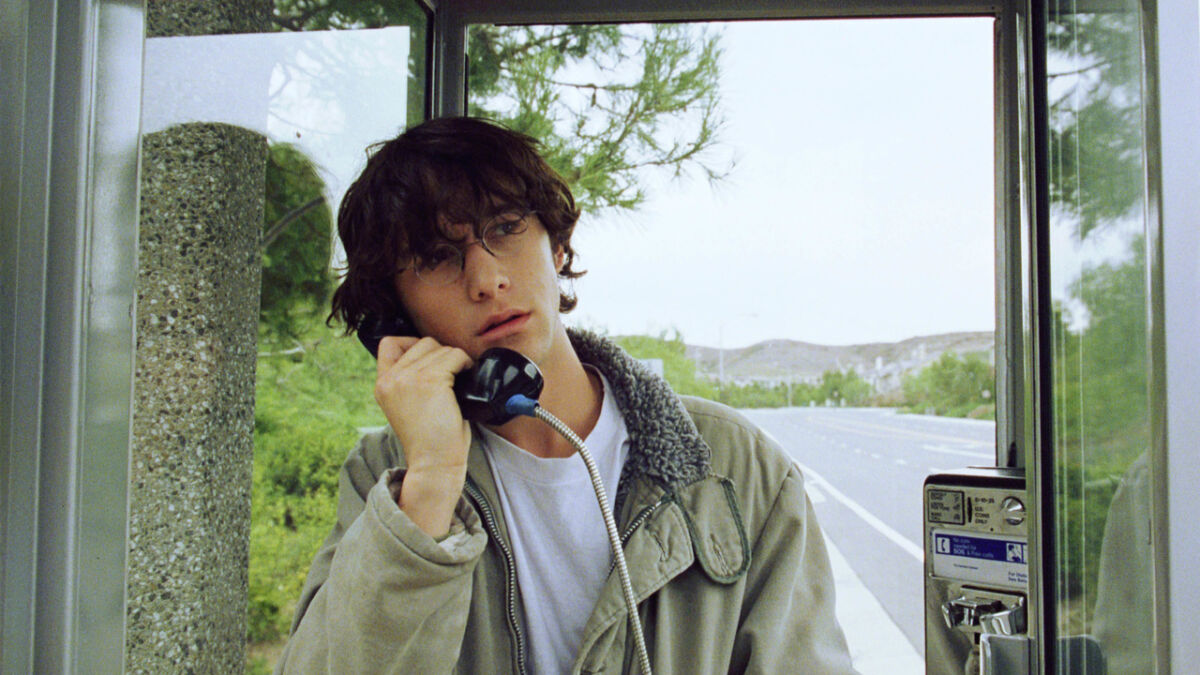
Rian Johnson was 23 when he wrote his attention-grabbing debut, the neo-noir thriller, Brick. Intent on directing his own script, Johnson initially struggled to find backing for the project, especially as the story’s high school setting is populated with teenagers who speak like characters from a hard-boiled detective story.
The plot puts Joseph Gordon-Levitt in the down-at-heel detective role, as he navigates through the murky high school underground while investigating the disappearance of his ex-girlfriend. Johnson’s visual storytelling and his unwavering commitment to the hard-boiled dialogue lifts the film rather than allowing it to feel gimmicky, with the whole cast playing it entirely straight like a teenage Miller’s Crossing.
Johnson’s solid belief in his own vision can be seen throughout his filmography. He’s a writer and director who’s not afraid to take risks or stick to his guns, a trait made apparent when he dealt with the furore surrounding his committed take on Star Wars mythology for The Last Jedi (his most successful film to date).
With Brick as the blueprint, there are noir elements across all of Johnson’s films, including the crime syndicates of Looper and the detour into the casino town of Canto Bight during The Last Jedi. Johnson’s love of detective novel conventions ultimately led to the multi-character whodunit of Knives Out and its sequel, Glass Onion: A Knives Out Mystery, coming in December.
5. Bound (1996) – Lana Wachowski and Lilly Wachowski
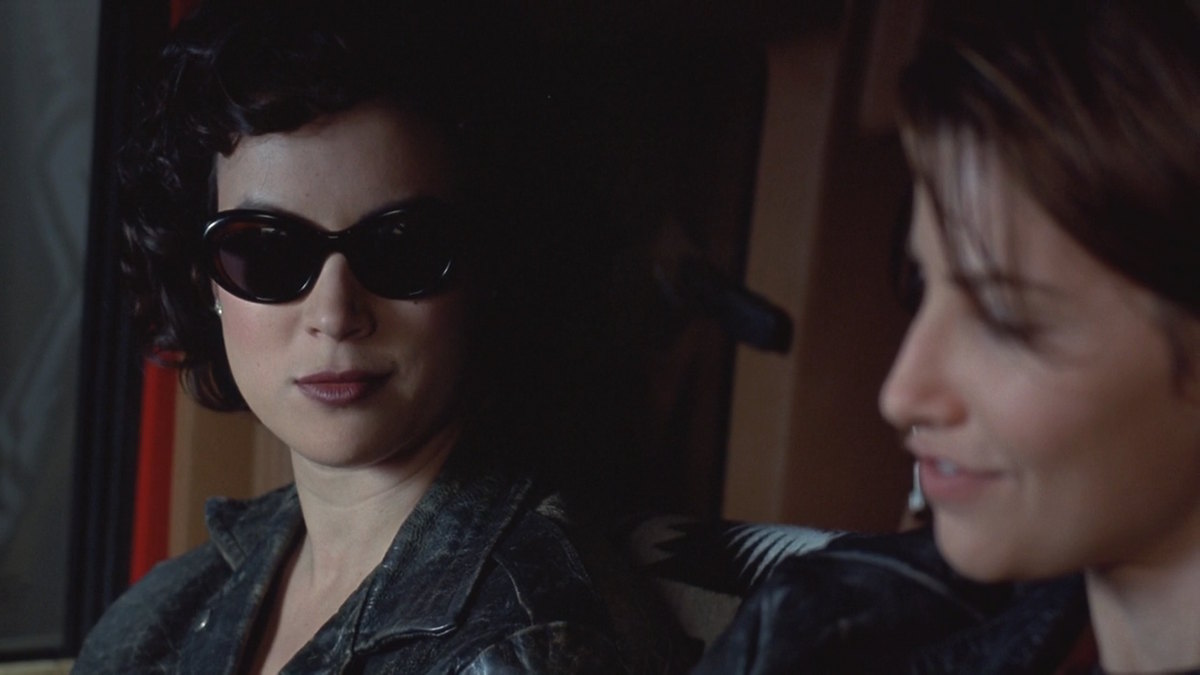
Underappreciated on its release and overshadowed by The Matrix, Lilly and Lana Wachowski’s debut is a deliberately constructed piece of neo-noir filmmaking that plays as a forerunner to their game-changing hit. Shot on a comparatively low budget from their own script, the film sees recent parolee, Corky (Gina Gershon), fall for gangster’s moll, Violet (Jennifer Tilly) as they plan to steal $2 million from Violet’s money laundering partner.
Rightly praised for its sympathetic portrayal of lesbian relationships, Bound isn’t the erotic thriller it was marketed as (although the onscreen chemistry between the leads is off the charts), it’s a subversive, suspenseful story that simultaneously embraces and challenges our expectations of familiar themes refreshingly told from the femme fatale’s perspective.
The film is littered with 1950s crime movie stylings and incorporates the retrofit design that would be prominent in The Matrix, released three years later. Through the work of Bill Pope, director of photography on both movies, you get a precise use of primary colours against darkened sets and a dramatic use of shade. The costume design is echoed through The Matrix movies and in terms of camera work, Bound gives us gunplay (a 360 shot, a slow-motion bullet) that’s pure rehearsal for the ground-breaking sequences of their later films.
Like The Matrix, the success of Bound is in the Wachowskis’ decision to place the relationship of the characters at the heart of the story, transcending its pulpy premise.
READ NEXT: 35 Scariest Movies of All Time
Some of the coverage you find on Cultured Vultures contains affiliate links, which provide us with small commissions based on purchases made from visiting our site.
